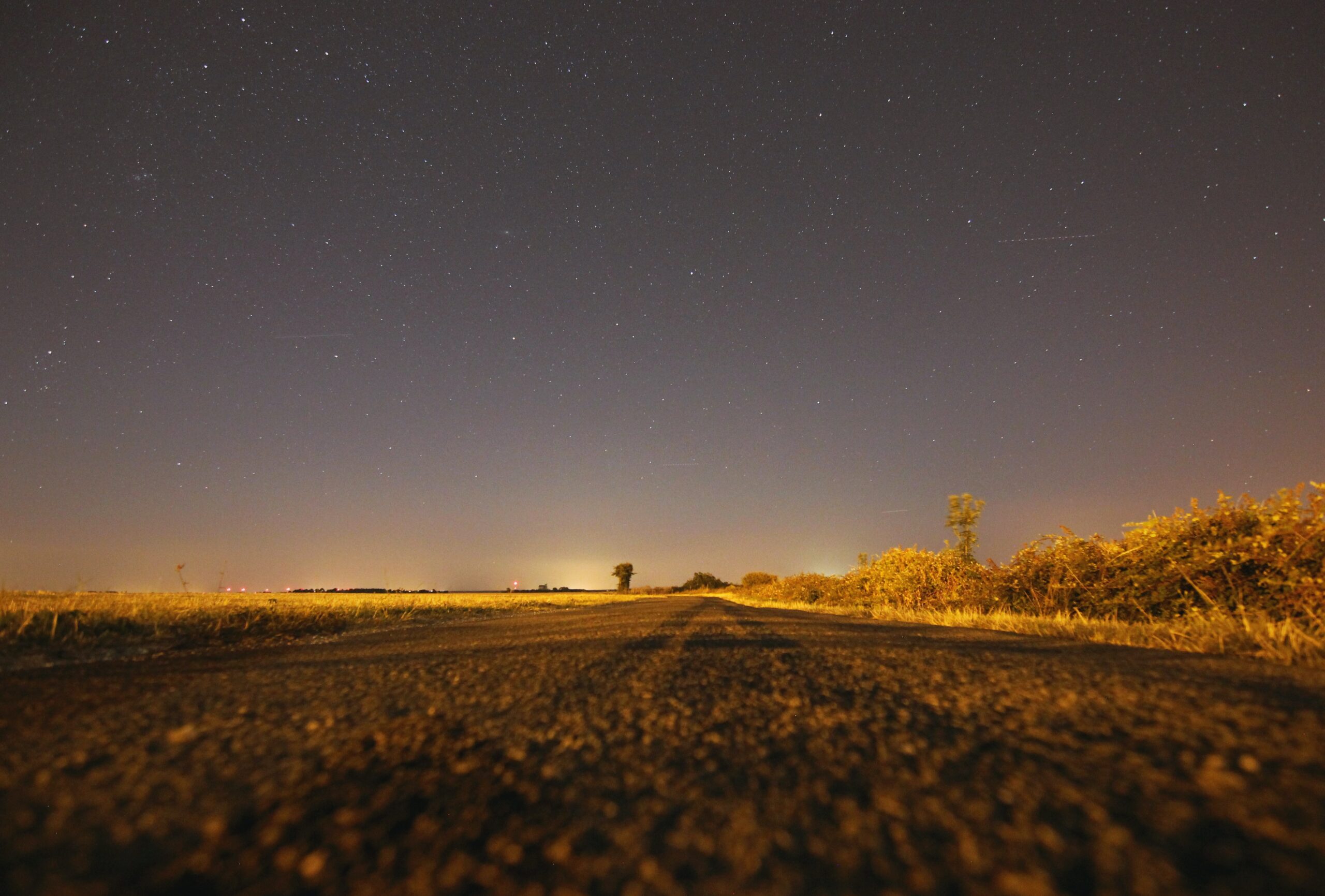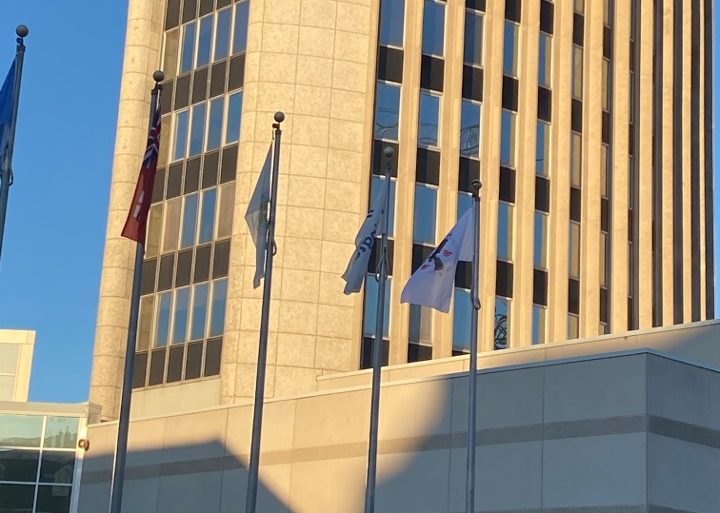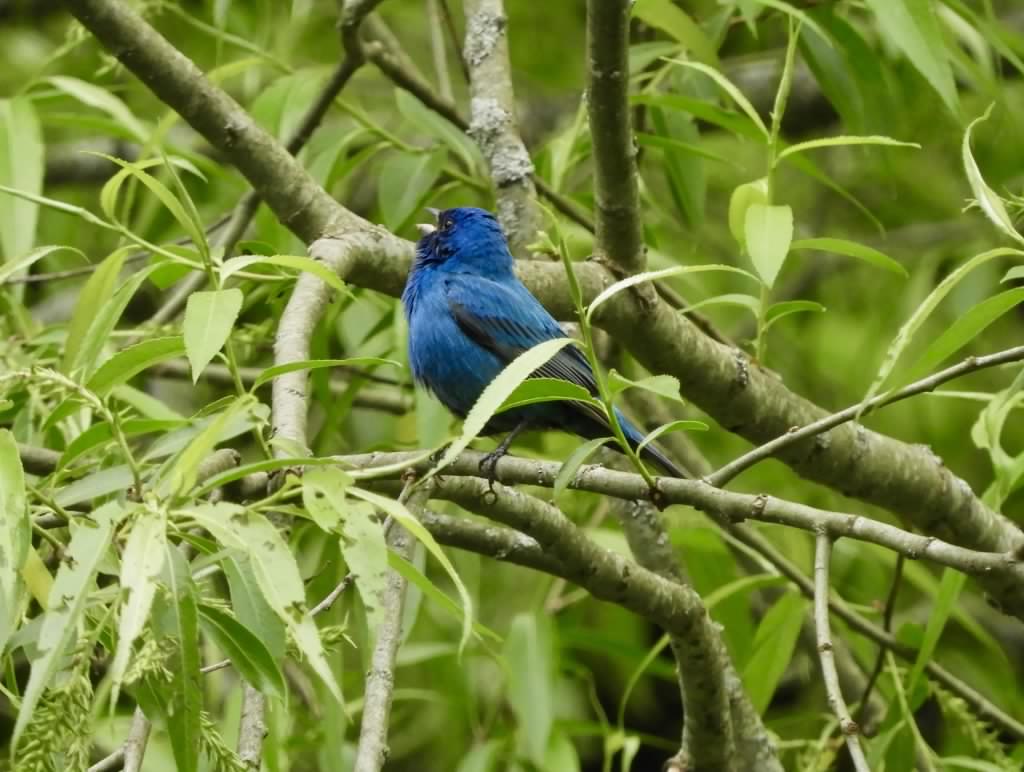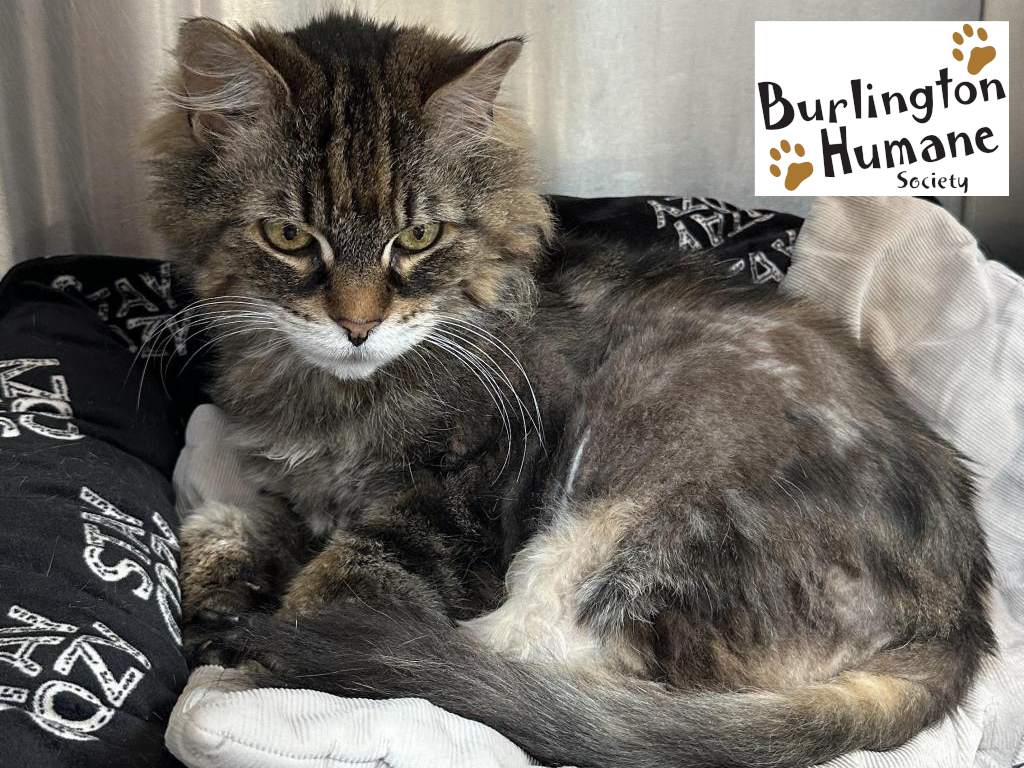By Leena Sharma Seth
The other day I was on my way to an appointment and during my drive, there was an unexpected lane closure and I had to merge into the lane on the right. Driver after driver passed as I tried to merge — one even glared at me as they raced past. Eventually, a driver slowed down and made space for me to merge.
The experience got me thinking about space. Our relationships to space, to time, and to each other.
As I continued with my drive, I wondered about the people who rushed past me and did not stop to let me in.
What was their relationship to space? Was the road theirs to own and good luck to anyone else who needed it? Was the road a scarce resource that they needed to claim or else they would lose it?
What about their relationship to time? Were they running late and needed to get to their destination at all costs? Were they rushing to collect a sick child or family member?
What about their relationship to me? Was I invisible to them? Did they even pause to notice who was in the car? Was there a recognition of the possibility that I could potentially meet them at the same destination? What if I had been the doctor tending to their ill family member that they were rushing to visit? Or taking my child to the same dance class that they were taking theirs to, which would mean we’d face each other in the hallway of the dance studio? What about our relationship as community members, drivers, or as fellow humans? I thought especially of the driver who made the time to glare at me, and how easily they were unsettled at simply the sight of a fellow driver needing to enter the lane.
I then turned the flashlight of curiosity on my own practices because, after all, when we point one finger out at humanity, a few fingers are pointing back at us as well. I reflected on the times when I did not slow down or stop to make space for someone else to merge. What was happening for me? How did the impact of my choice affect the other driver? Did I stop to consider my relationship to space? To time? To my fellow community member? I must be honest that it was a firm no on most, if not all, of these questions, a lot of the time.
A few months ago, I was driving on the highway and reflected on the resentment that arose within me when a driver was coming off an on-ramp just ahead of me and needed to merge into my lane — or rather, the lane I was in. They had indicated their intention to merge with their signal as the rules of the road tell us to do, and I felt resentful that I had to slow down to let them in. I slowed down and let the person in, and they waved their hand to thank me.
I sat with the feeling and asked myself where it came from. I didn’t know the person I let in; their need to merge had nothing to do with anything I was doing or where I was going, the highway is for all of us to use, and merging and leaving lanes is one of the key activities that take place on a highway.
I understood, in my mind, that their need to use the highway was no more or no less important than my need to use the highway, but somewhere in my body and being there was a disagreement about this fact. I continued to reflect on this as I drove, and I realized that there was a lie my ego had told me that I was buying into in an embodied way. That lie is that somehow, the world revolves around me and my needs and that I own the road.
This was an “aha” moment for me, and I know that’s likely an obvious one to you as you read this, but somehow, there it was. According to psychologist Jean Piaget, children below the age of two years old think that the universe revolves around them. The only thing is that I am a 40-something adult driver and this idea no longer fits with the context.
Niagara-based Patty Krawec, author of Becoming Kin: An Indigenous Call to Unforgetting the Past and Reimagining our Future and podcaster, talks about the importance of considering one’s relationship to land, to Indigenous communities, to each other, to time and history. That “none of us are going anywhere and we need to learn how to be good relatives. You need to learn how to be good relatives.”
I considered my relationship to the road. Is it my road? Was it made for me? Do I own it? Is it a doctrine of discovery situation, where, because I believe I was there first, it’s mine?
Or is my relationship to the road one where I have the privilege of accessing it? Is the road a shared resource for which we are all stewards? Is it a resource I get to use on the condition I share it? What rules, values, or principles am I following, beyond what I learned in my driver education course, as I consider my relationship and entitlement to the road and how I use it?
What would be different if we were to make active commitments to being good relatives to each other? To ourselves even?
Natajsa Wagner, a psychotherapist, defines holding space as: “Our willingness and ability to be alongside someone in their experience of pain. Holding space means giving support that is free of judgement. It involves a conscious and deliberate choice to put aside our agenda, the need for our own specific outcome and the desire to give advice or ‘fix’ a person or their situation.”
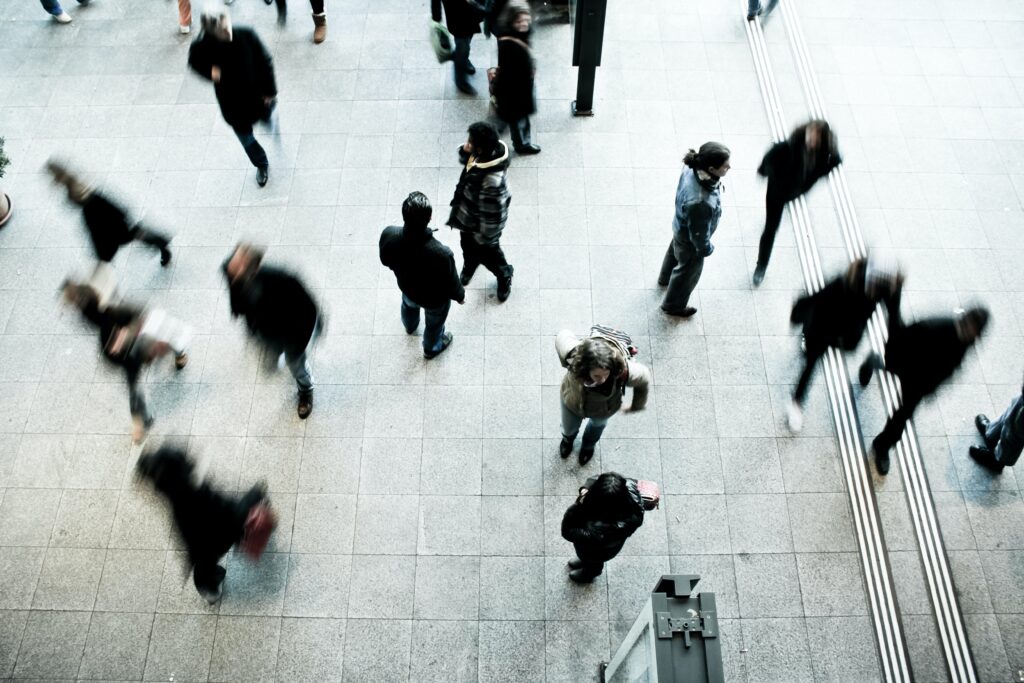
The thing I have come to understand about holding space for others is that it starts with how well each of us, as individuals, holds space for ourselves. What is our personal relationship to space? Do we believe we deserve space? Do we believe others deserve space? Do we make space, with compassion, and empathy, for ourselves, our needs, our pain, our joy? After all, the degree to which we hold space for ourselves, our imperfections, and our vulnerabilities, will determine the depth of the container we become for others in the community.
Do we take space when it’s available? Do we move like we own all the space in a room? Do we drive like we own the road? Do we show up to social gatherings like all of the conversation should revolve around us? Are we even aware of how much space we are taking up and considering what is left for others? Do we take some space with an awareness and belief that we need to leave space for others?
So much of my work with communities, leaders, and organizations is also informed by adrienne maree brown’s ideas of holding change, what she calls “the sacred way of facilitation and mediation.” This inherent belief that holding space, especially safe enough, accountable, and accessible space, makes so much more possible in community — innovation, healing, joy, understanding, solidarity, trust, and more.
I’ve often had a front-row seat to seeing the way community transforms when power, space, and time is shared in a way where we recognize that we each have a right to these resources. I’ve had the benefit of being in spaces held so tenderly, so equitably by facilitators and community process designers that, when I left, I left with a new community of connections who were also committed to building safe and accountable spaces. Other times, the experience actually helped me to see more of myself, to understand my place in a community journey, and grounded me in my relationship to others as a core prerequisite to creating the communities we long for.
The next time you’re on the road, see if you can notice the way you either make space — or don’t — for other drivers and consider how this reflects what you work on as an active commitment. And if you do decide to hold the space for that other car to move in front of you and you see a sun-shaped air freshener hanging from the rearview mirror, then you just might be letting me in.
Sources:
Krawec, P. 2021. Living in Indigenous sovereignty. Aambe Ephemera. Url: https://pattykrawec.substack.com/p/living-in-indigenous-sovereignty (accessed Aug. 1, 2023).
Vaia. n.d. Piaget theory of cognitive development. Url: https://www.hellovaia.com/explanations/psychology/cognition-and-development/piaget-theory-of-cognitive-development/ (accessed Aug. 1, 2023).
Wagner, N. n.d. What does it mean to hold space for someone? Url: https://www.natajsawagner.com/blog/what-does-it-mean-to-hold-space (accessed Aug. 1, 2023).
Leena Sharma Seth (she/her) is a settler and award-winning consultant, coach, trainer, and speaker at a firm she founded called Mending the Chasm. She works with businesses, organizations, and communities who are ready to create communities and workplaces that are inclusive, belonging-abundant, and safe for all members. When she’s not kicking at the darkness until it bleeds daylight, she’s enjoying road trips, 80s Bollywood music, and perfecting the art of baking cinnamon buns. She’s proud to call Burlington home and to be raising her children with her partner Sanjay.

